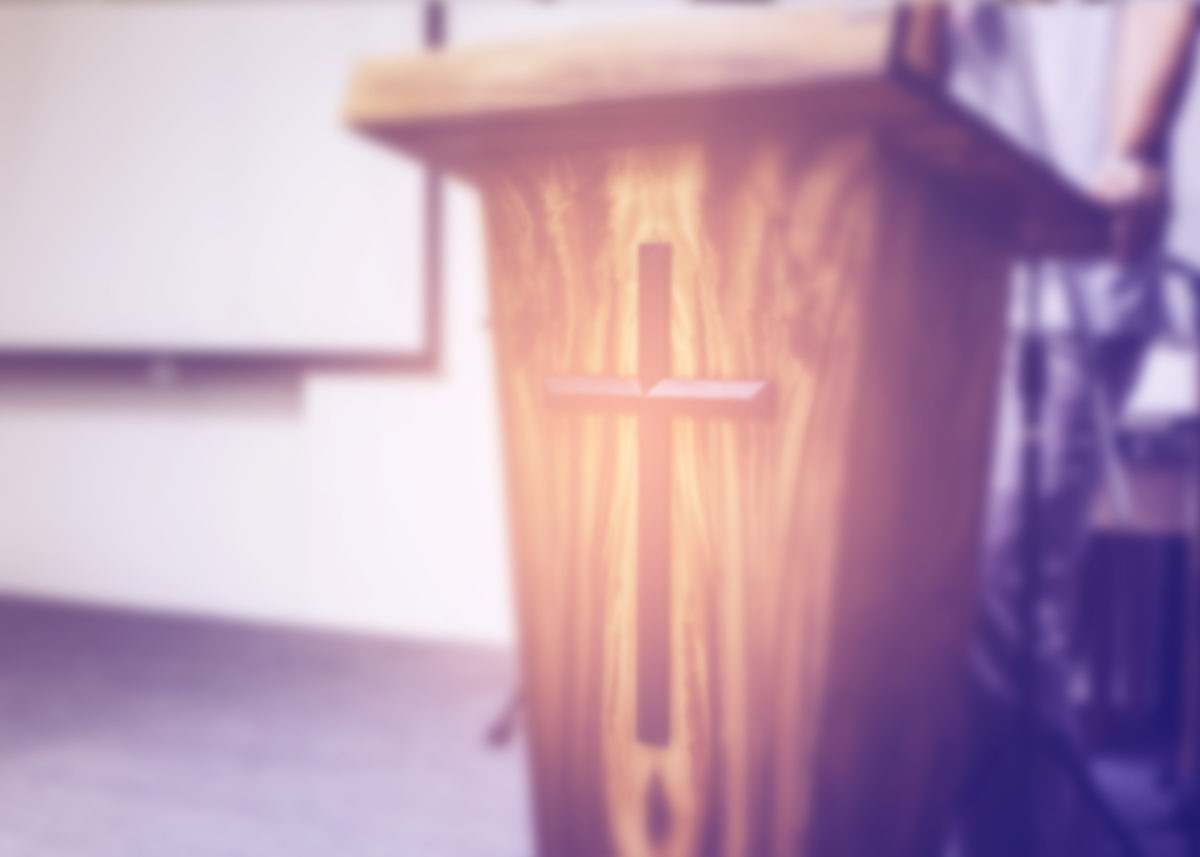One fears that in some quarters the pulpit has lost its nerve and forgotten the evidence of history, that whenever Christianity has been most convincing she has been most victorious, and whenever she has been most apologetic, she has been most futile; and also that it is the schools within Christianity that are constructive and aggressive, and not the schools that are critical and eclectic, which have chiefly affected their generation. If, as some think, our fathers were too sure about everything, it would be an immense gain if some of their children were absolutely certain of anything. It would be a great disaster if the intellect of the church should be so occupied in recasting the form of the Scriptures as to have no strength left for declaring the Gospel which they contain.
Is it not time that the strength of the ministry were withdrawn from purely intellectual exercises, from purely intellectual investigations and destructive criticism and given to evangelism? Have we not had enough of recanting? Is it not time for some confessing? We are justified in disbelieving the things which have not been proven, only if we believe and practice upon the things which have been proven.
There are some who seem to be ready to refuse to believe anything which our fathers believed, and are quite ready to accept anything if it is not in the Bible. A book which denies is supposed to be honest and thoughtful, and a book which affirms, it is taken for granted, must be narrow and prejudiced. Those who doubt everything which the church has held for nineteen centuries give themselves amusing airs of superiority, and the people who hold the heart of the Christian creed are likely to be regarded with intellectual pity. There is nothing worse than the arrogance of learning, for the learned man ought to be broad enough to know better.
As a matter of fact, there is no more ability in doubting than in believing. If there is a bigotry of orthodoxy there is also a bigotry of heterodoxy, and the last appears to be the more insolent. Why should so many prefer the evidence of non-religious persons on faith to those who are its chief experimental witnesses? It does not follow because Darwin knew about earth worms that he was an authority on the soul; or because Mr. Huxley was a most lucid teacher of natural science that he had any right to say the last word on miracles. Even in religion one must be scientific and depend not upon amateurs but upon experts. “In the high affairs of faith, are we not more likely to arrive at the truth by listening to persons whose admirable studies have been among the lower animals?” John Waston says there are only two provinces of absolutely sure knowledge—one is pure mathematics and the other is the experience of the soul. “If Paul had a right to say, ‘I,’ and we allow him to be a conscious being, then he had a right to say ‘I know.’ And if it be granted that he could know anything, he had perfect right to finish his sentence, and say, ‘I know whom I have believed,’ and we can do no better than to accept the certainty of such experience.”
Faith is the center of the financial world. From the man who sends his goods for money he has not seen to the man who accepts the last dictum of science, we move in this world by faith. Unbelief blocks the wheels of all progress. Only faith can right a ruined world. Only faith can make men lay down their arms and pick up the ax and the shovel, and faith finds its highest exemplification in the matters of the soul.
[Ed. note—The wisdom and philosophies of men to “better mankind” will find no place in a pulpit where the Scriptures are preached that sinners can be saved and “the man of God may be perfect, throughly furnished unto all good works.” No, the pulpit will never lose its power, nerve, or purpose when the Bible is honored for what it is in truth, the WORD of GOD!]
— Written by Charles L. Goodell in 1922. Reproduced from Foundation magazine, Vol. 4, Issue 2, 1983.




Comments are closed.